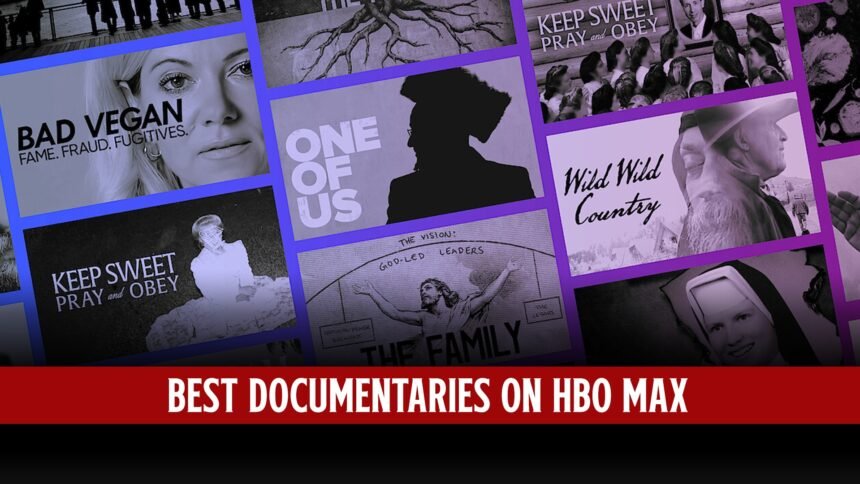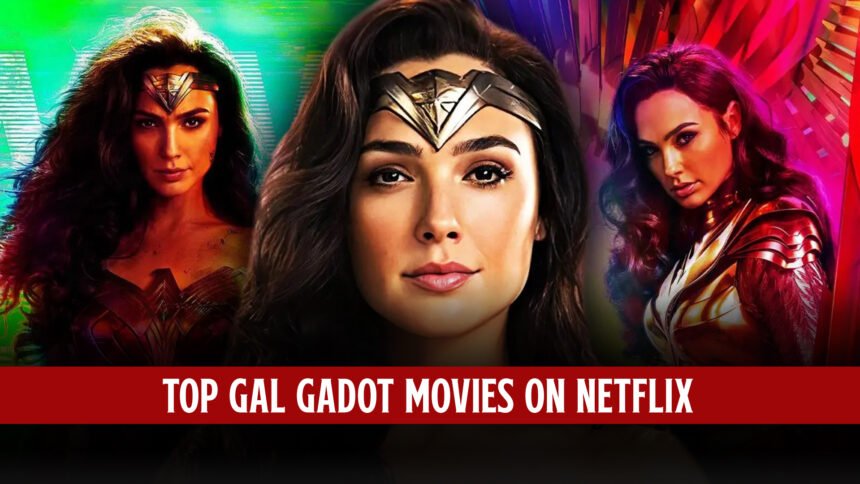Investing your hard-earned money is more than just crunching numbers—it’s about building a secure financial future tailored to your unique circumstances. While ChatGPT can provide valuable insights, understanding the nuances of wealth management requires a human touch. This article will explore creating a personalized investment strategy that aligns with your financial goals and aspirations.
The Basics of Investment
When it comes to investing, there’s no one-size-fits-all solution. Your financial journey depends on various factors, including your financial goals, time horizon, and personal circumstances. Let’s explore a comprehensive approach to crafting your investment strategy, considering the intricacies that ChatGPT might overlook.
Personalized Financial Planning
Your age, income, and living expenses shape your investment strategy. Let’s consider the case of a 42-year-old male living in the UK with a household income of £180k, monthly outgoings of £4,000, three dependents, and £2.1m in investible savings. He aims to continue building wealth while preserving his accrued assets.
Establishing an Emergency Fund
One fundamental step is ensuring an emergency fund covers at least 6–12 months’ living expenses. However, the ideal duration of this fund isn’t solely based on numbers but also your peace of mind. Your comfort level with your financial safety net is essential for a good night’s sleep.
Assessing Risk Tolerance
Determining your risk tolerance is a complex process. While many claim to be “medium risk” investors, a financial advisor can help you gain clarity. Behavioral economics reminds us that human instincts often lead to counterproductive investment decisions. An expert’s guidance can prevent costly mistakes, especially during market fluctuations.
The ChatGPT’s Suggestions
The ChatGPT provides valuable suggestions, such as paying down debts, planning retirement, and diversifying your investment portfolio. These are sound principles, but the devil is in the details.
Asset Allocation
When dividing your £2.1m of investible assets, the ChatGPT suggests a mix of mostly stocks (60-70 percent), 20-30 percent in bonds, and the remainder in real estate, commodities, hedge funds, or liquid assets. However, it emphasizes consulting with a financial advisor for personalized guidance—an essential step to fine-tune your allocation to your specific needs and risk tolerance.
The Human Touch
While AI can provide insights, it sometimes misses significant aspects of financial planning. It overlooks insurance, tax-efficient investment schemes, and optimizing your current expenses. More critically, it cannot consider a family’s interconnectedness of financial decisions.
The Importance of Human Advisors
In summary, while AI can offer valuable insights, it’s crucial to remember that some advice is better than none. The best financial advice from ChatGPT in this scenario is to consider working with a financial advisor.
An expert can help you navigate the intricate web of financial decisions, optimize your financial strategy, and ensure that all elements of your financial plan align harmoniously.
Your financial future deserves personalized attention and expert guidance. Consider partnering with a trusted financial advisor to secure your financial well-being.













